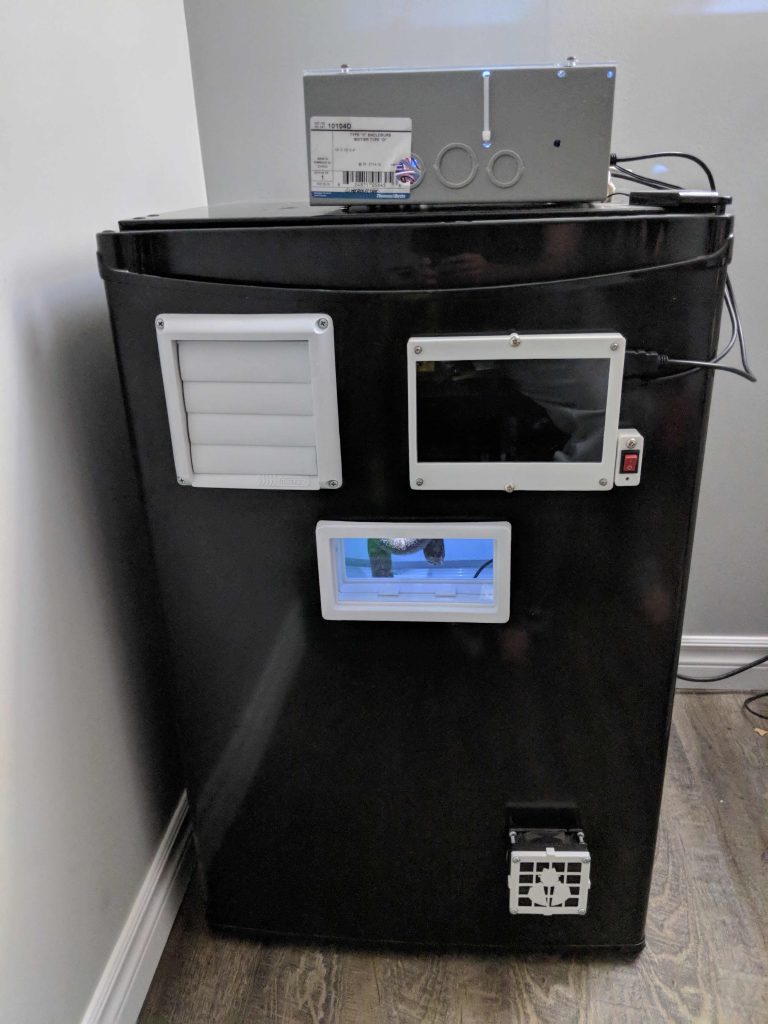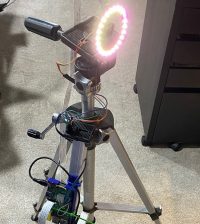- How to Adjust X and Y Axis Scale in Arduino Serial Plotter (No Extra Software Needed)Posted 2 months ago
- Elettronici Entusiasti: Inspiring Makers at Maker Faire Rome 2024Posted 2 months ago
- makeITcircular 2024 content launched – Part of Maker Faire Rome 2024Posted 5 months ago
- Application For Maker Faire Rome 2024: Deadline June 20thPosted 6 months ago
- Building a 3D Digital Clock with ArduinoPosted 11 months ago
- Creating a controller for Minecraft with realistic body movements using ArduinoPosted 12 months ago
- Snowflake with ArduinoPosted 12 months ago
- Holographic Christmas TreePosted 12 months ago
- Segstick: Build Your Own Self-Balancing Vehicle in Just 2 Days with ArduinoPosted 1 year ago
- ZSWatch: An Open-Source Smartwatch Project Based on the Zephyr Operating SystemPosted 1 year ago
You don’t need a cold cellar in your house…If you have a Raspberry Pi!

The maker Danzetto to cure his meats decided to build himself a fully automatic meat curing chamber, called the curebOS, with the aid of a raspberry pi.
This mini fridge has everything. Sitting on top is a control system containing the Pi. There are 5 relays used for the lights, circulating fan, ventilating fans, refrigerator, and humidifier all powered by a 5 amp supply — minus the fridge. Down below that is the 3D printed cover with a damper for one of the many ventilation fans that regulate the internal temperature. To the right is a touchscreen for viewing and potentially controlling the system if necessary.
The control program was written in Python for viewing the different trends. And below that, of course, is a viewing window. On the inside are temperature and humidity probes that can be monitored from the front screen. These readings help determine when to activate the compressor, any of the fans, or the humidifier for optimal settings. For a final touch, there are also some LEDs placed above the hanging meat to cast a glowing effect upon the prized possessions.
He also created a little app for this project that connects to a SQL database stored on his fridge Pi: this just lets him remotely access the system so that he never has to worry about the condition of those succulent beauties.
The creator of the project is planning on putting together a build guide of sorts with open source software in the near future. Stay tuned for any update!
















